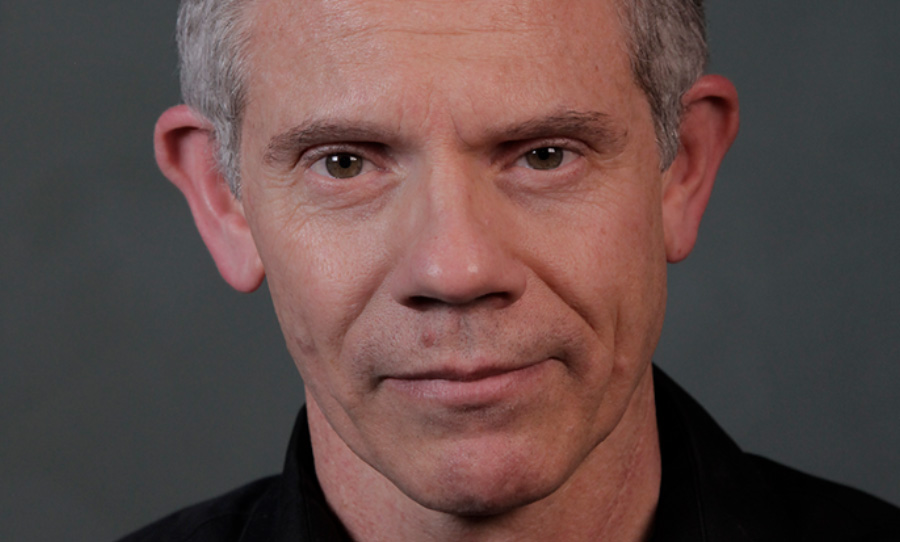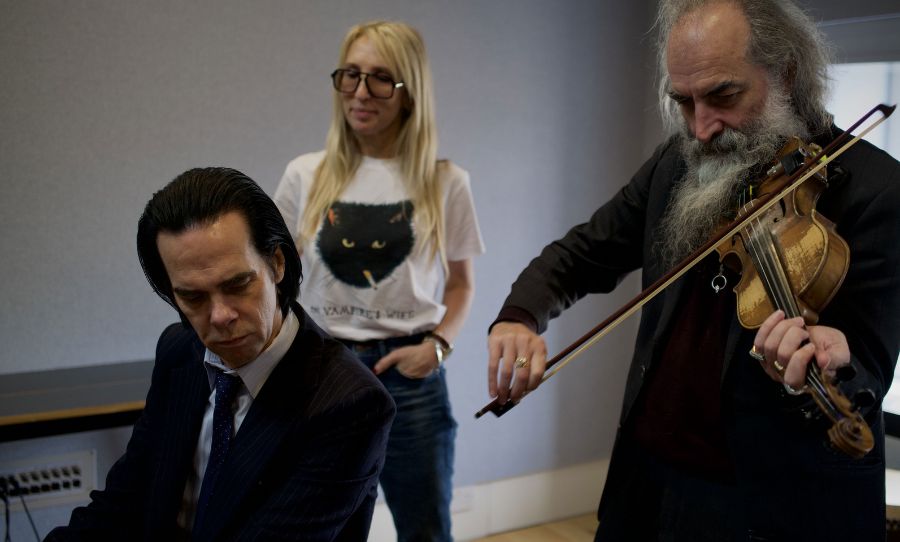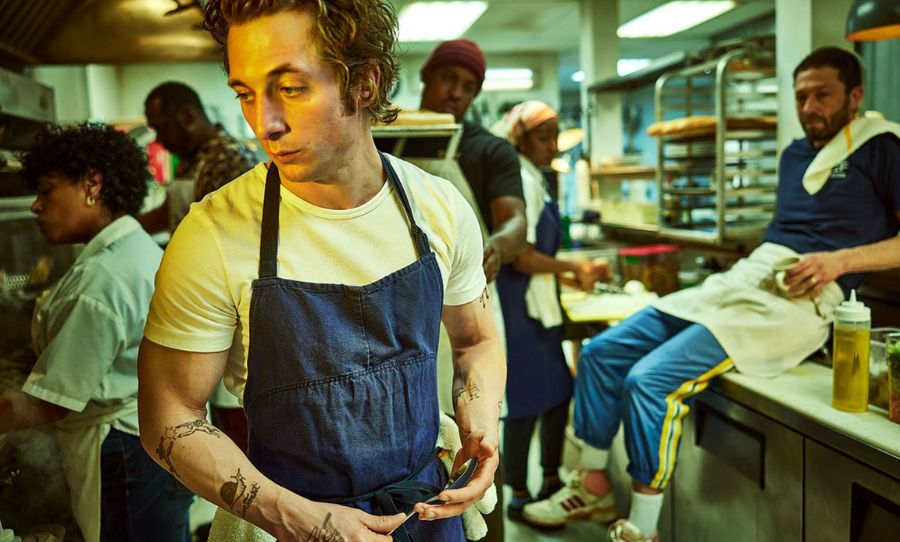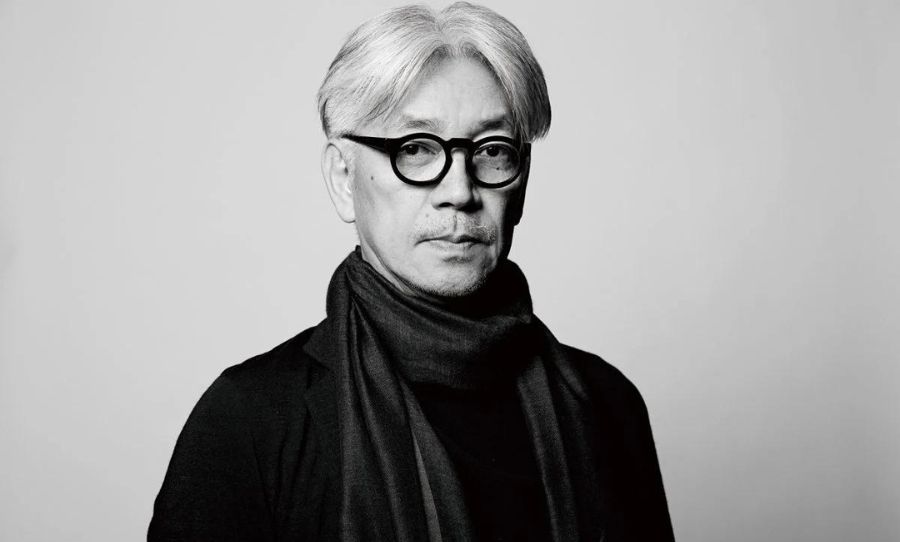From his post at AFTRS, Cameron Patrick guides the early careers of Australia’s upcoming film, TV, and game composers.
Composing music for the screen can be amongst the professional musician’s most fulfilling prospects. Film is one of entertainment’s most titanic industries, capable of delivering stories that inspire the full range of human awe, and musical scores are a key component of that emotional punch that keeps us coming back.
However, the barrier for entry is high – higher than your average gig at the pub, to say the least. But for those with a knack for arrangement and a desire to enter the screen industry with instrument in hand, you may want to heed Cameron Patrick’s advice.
Patrick teaches across the Australian Film, Television, and Radio School’s (AFTRS) two-year Master of Arts Screen: Music, a post-graduate degree that’s purpose built to arm students with the tools and knowledge they’ll need as a professional screen composer. To find out more about his course and the industry at large, we sat down for a quick chat.

HAPPY: Hey Cameron, thanks for the taking the time. To start, what kind of experience should a prospective student have before enrolling in your course?
CAMERON: Of course, applicants to our postgraduate programs are required to hold a relevant undergraduate degree at bachelor level (preferably in composition or performance), but they can also have completed equivalent work experience and/or training.
The typical duration of a bachelor degree is three to four years, and candidates applying by degree equivalence are required to demonstrate they have achieved corresponding learning outcomes by completing a similar volume of relevant work experience and/or training in scoring for the screen out in the industry.
If you have a relevant bachelors degree, you don’t necessarily need to have had any experience scoring anything for the screen, though it’s wonderful if you do!
HAPPY: How does your course differ from more general composition courses you’ll find around Australia?
CAMERON: We don’t teach you how to compose music… you already have to be able to do that to get in. What we do at AFTRS is take that composing ability and teach you how to apply it to scoring for the screen. And we do that in a uniquely collaborative and practical environment, surrounded by filmmakers.
HAPPY: For someone more entry-level, do you have any advice as to how they might know if film and TV composition is for them?
CAMERON: We find that an interest in film and TV composition is something built into the DNA of 99% of our music students. They have loved film, they have loved film music, and they have wanted to score screen productions for most of their musical lives. It tends not to be a craft whereby someone wakes up one day and says, “I think I want to score films”. They have to love drama in its many forms and the marriage of story with the storytelling power of music.
HAPPY: How important is being adaptable in making music for the screen? As opposed to composing and releasing your own music.
CAMERON: Adaptability is very important in our craft. Working in film, you are not composing whatever you want… and that’s a huge difference to composing and releasing your own music. You are working for another creative person, the director. You are being hired as an expert in your discipline to add the most appropriate score possible as per the director’s creative vision for the project. We break down adaptability here at AFTRS into the “Three C’s”: Communication, Collaboration, and Compromise – and you have to be good at all three!
HAPPY: Is composing music for video games a growing area of interest that you’re aware of?
CAMERON: Yes, it’s a very exciting and rapidly developing area of interest.
HAPPY: Are there any former students of the course we might know?
CAMERON: Leading Australian screen composers Caitlin Yeo, Antony Partos, Antonio Gambale & Matteo Zingales to name a few.
HAPPY: What’s a part of your course students may be surprised to learn about?
CAMERON: A large part of our curriculum is working on collaborative projects with other Masters students in the different filmmaking disciplines. Most of the screen scoring programs around the world are Conservatorium or University Music Department based, so the opportunity to work with other emerging filmmakers can be somewhat limited. We’re at a film school with everyone under the same roof.
Find out more about Cameron Patrick and his course Master of Arts Screen: Music here.



